Boost your research with a smart personal knowledge management system
My next posts will be a short series about personal knowledge management. I think, it can be a very useful concept in a broad field of knowledge work like in studies and research work, personal research, at school and education in general – actually everywhere, where we have to deal with knowledge. In this series, I show you my personal adaptation of it.
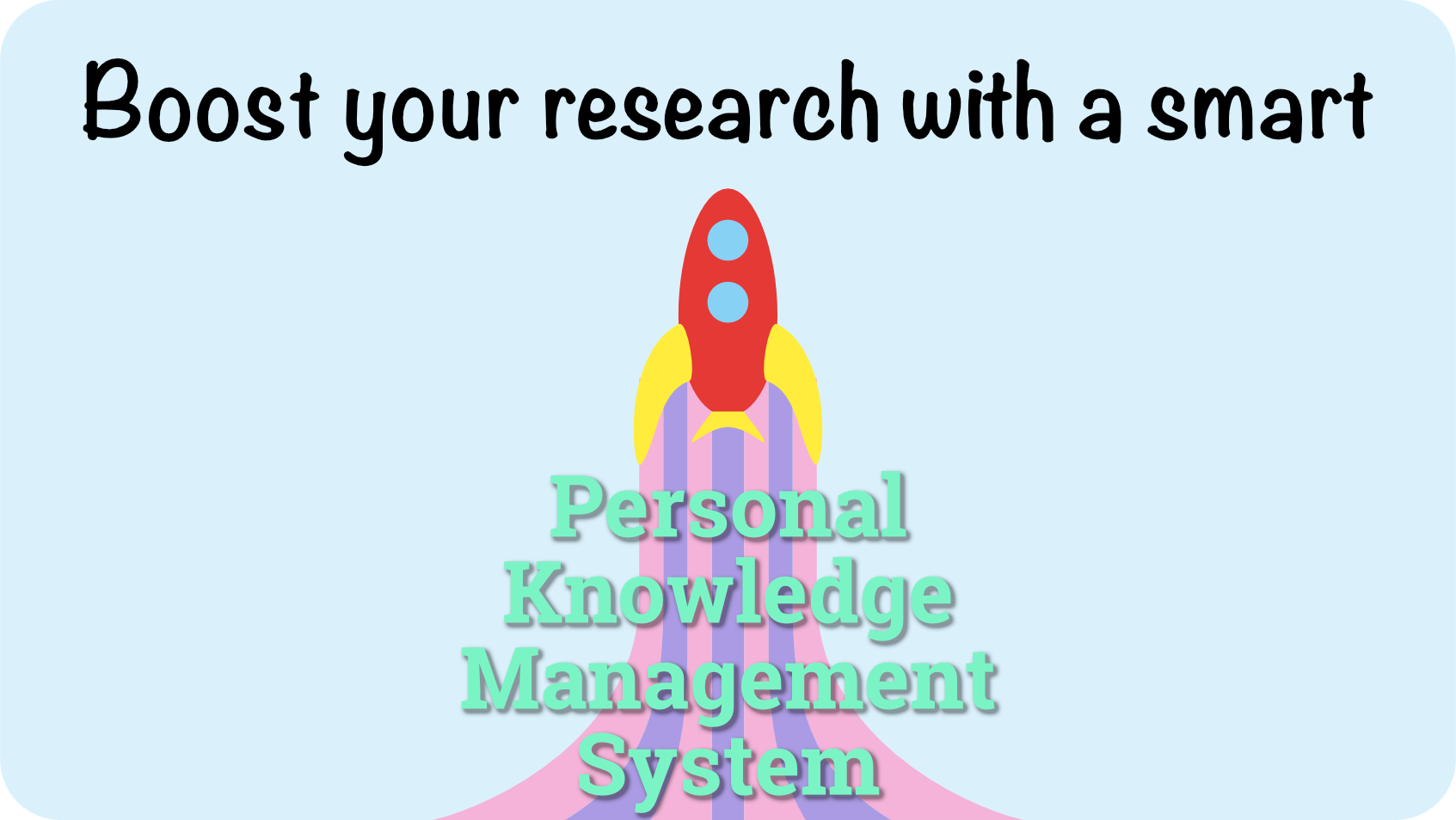
What is personal knowledge management? Personal knowledge management, abbreviated as a PKM, is the concept of establishing processes that organize our knowledge management, growth and learning1,2, while being fully self-responsible for these processes3. PKM covers various disciplines like self and time management, information management, learning strategies, stress management, error management as well as social networking and communication management4. In this series, we will focus more on the practical implementation of PKM and how to make use of it in our own research work.
When I started to use PKM, I wanted it to fulfill two goals:
- It should provide tools and processes, that take over the rather “mechanical-technical” part of knowledge processing and storage, to have more time for the creative part in generating new ideas and knowledge.
- It should provide tools and processes, that help to recognize connections and patterns between individual knowledge bits.
All methods and tools I include in my PKM always target these two goals. I don’t really invent anything new either, I just apply existing methods and combine them.
The core of my PKM system is what I call the “Hypertext Theory” and the “Zettelkasten method”. Its central element is the note-taking process, embedded in a system of processing and storing input knowledge and preparing the generation and output of new knowledge. Furthermore, I think PKM should not be taken just as a collection of tools for gathering and processing knowledge and for learning. It can be integrated into the overall research workflow as a dynamical system of
By adapting such a system to personal habits and personal needs, one can benefit from increasing learning quality and efficiency and from generating new scientific outputs. Each implementation will always be a personal one and is therefore unique. I recommend, that you find and adapt techniques that best fit your own habits and your way of thinking. You can take the techniques presented in this series as guidance, but in the end, your knowledge management system will always become a personal one.
The series consists of three parts:
- Don’t take isolated notes, connect them! Vannevar Bush on building a self-organizing network of knowledge
- The first part explains the theoretical base of the presented PKM system, that relies on building a network of knowledge by linking notes with each other.
- Take smart notes with the Zettelkasten method
- The second part explains the method, that gives our network a concrete outer shape.
- Use your Zettelkasten as a research, thinking and learning tool – Personal knowledge management as a system
- In the last part, we further generalize the method and explain, how to integrate all parts of it as an overall system into our research workflow.
References
-
Grundspenkis, Janis (2007). Agent based approach for organization and personal knowledge modelling: knowledge management perspective., 18(4), 451–457. doi: 10.1007/s10845-007-0052-6 ↩
-
Wright, Kirby (2005), Personal knowledge management: supporting individual knowledge worker performance, Knowledge Management Research and Practice, vol. 3, no. 3, pp. 156–165, doi: 10.1057/palgrave.kmrp.8500061, S2CID 58474736 ↩
-
Smedley, Jo (2009), Modelling personal knowledge management, OR Insight, vol. 22, no. 4, pp. 221–233, doi: 10.1057/ori.2009.11︎, S2CID 43804995 ↩
-
Wikipedia article on Persönliches Wissensmanagementꜛ, retrieved on April 20, 2022 ↩
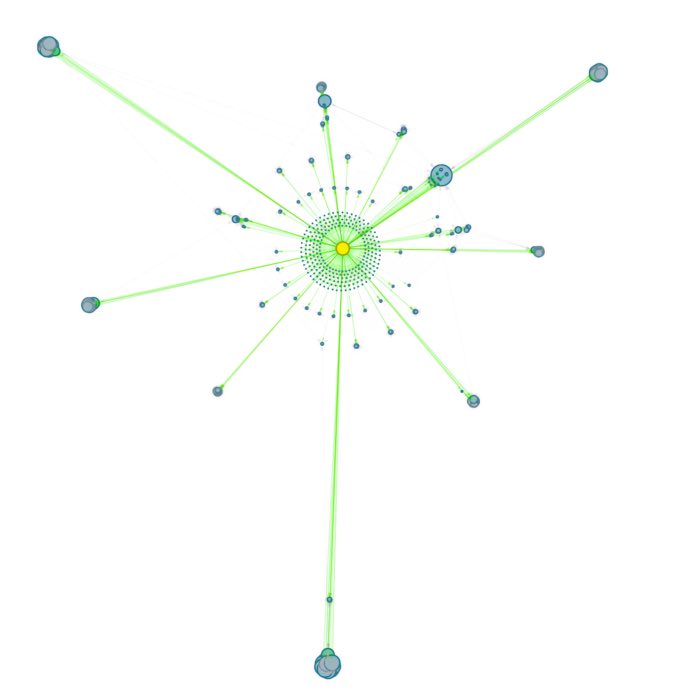

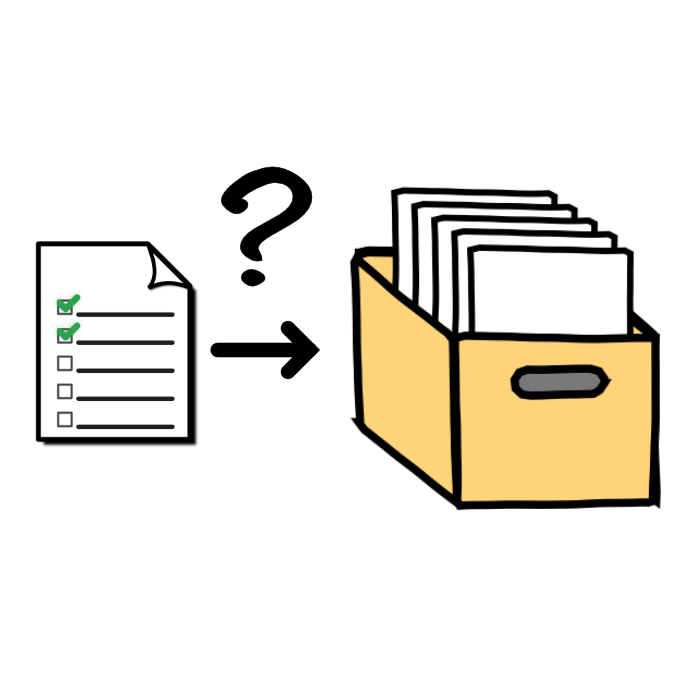
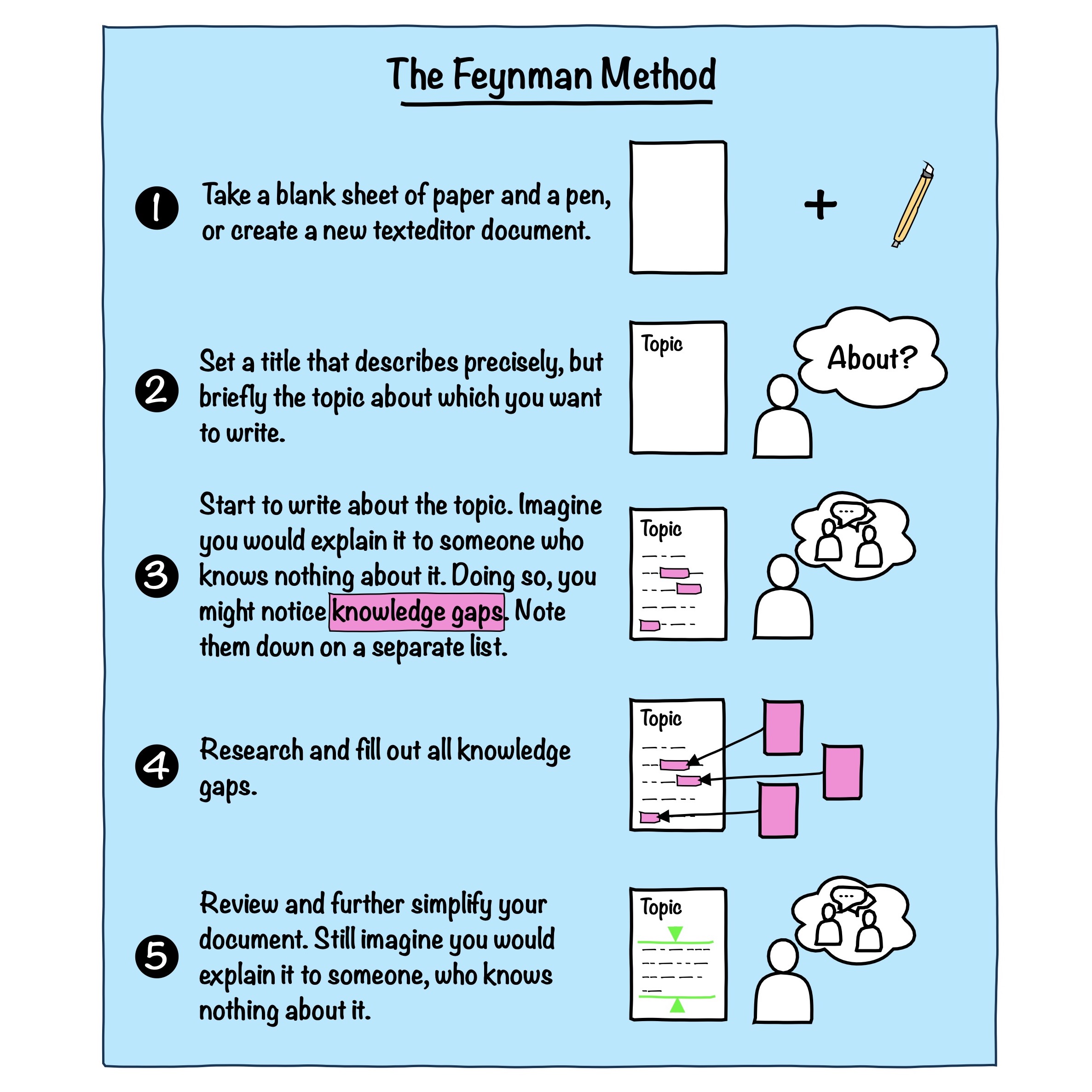


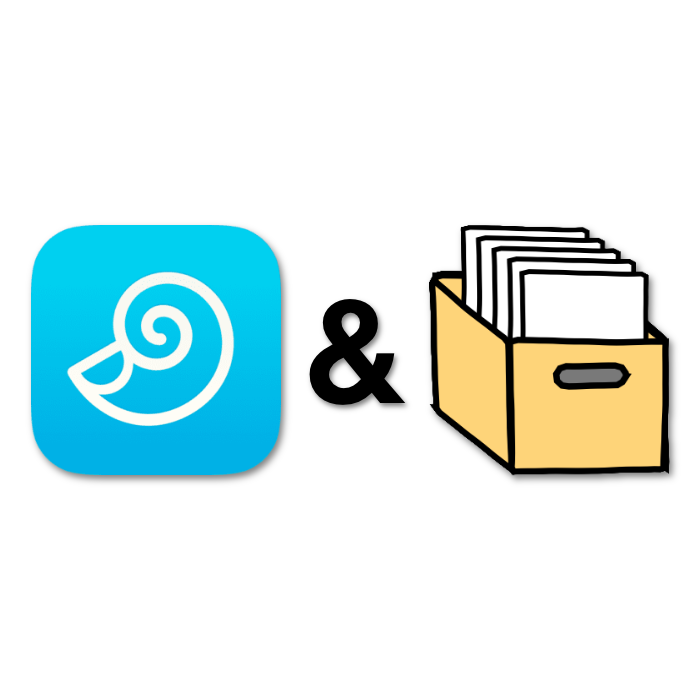
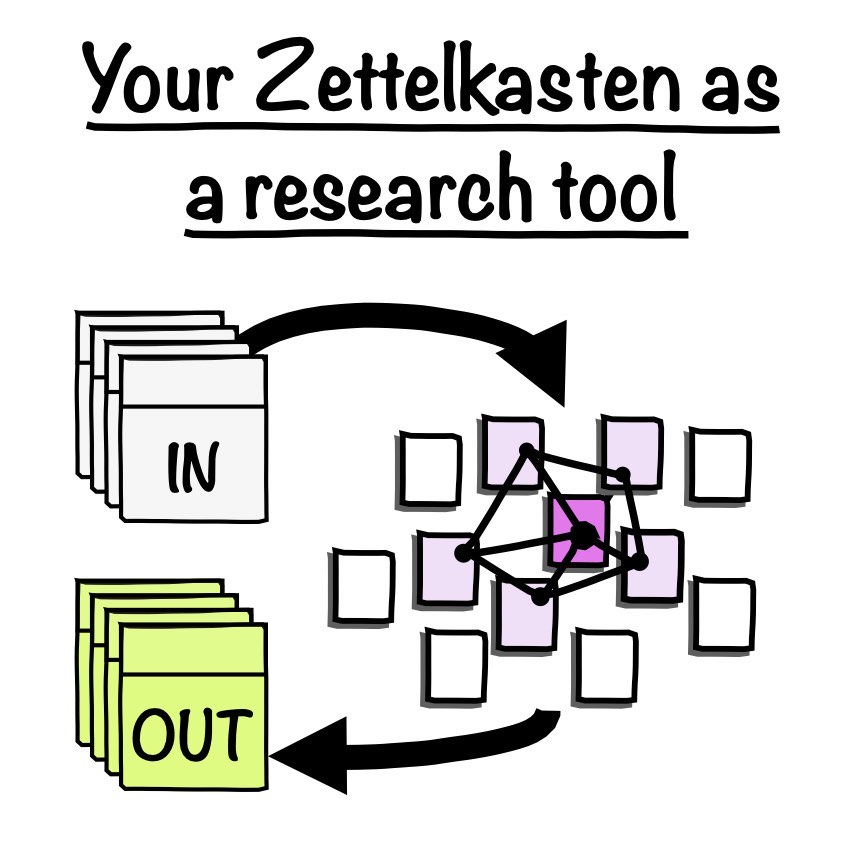
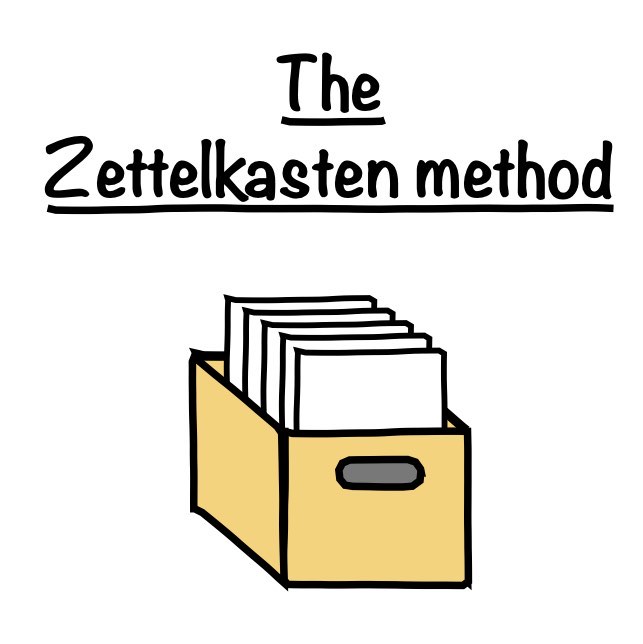
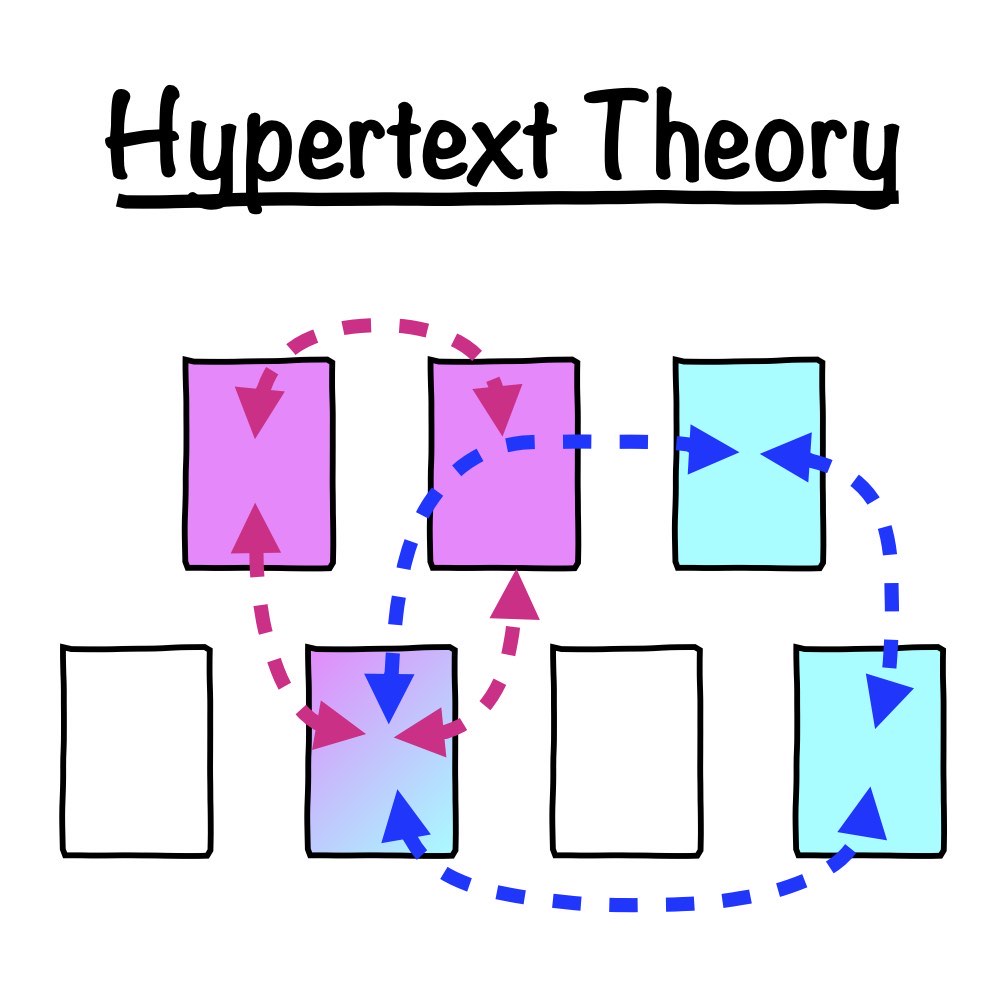
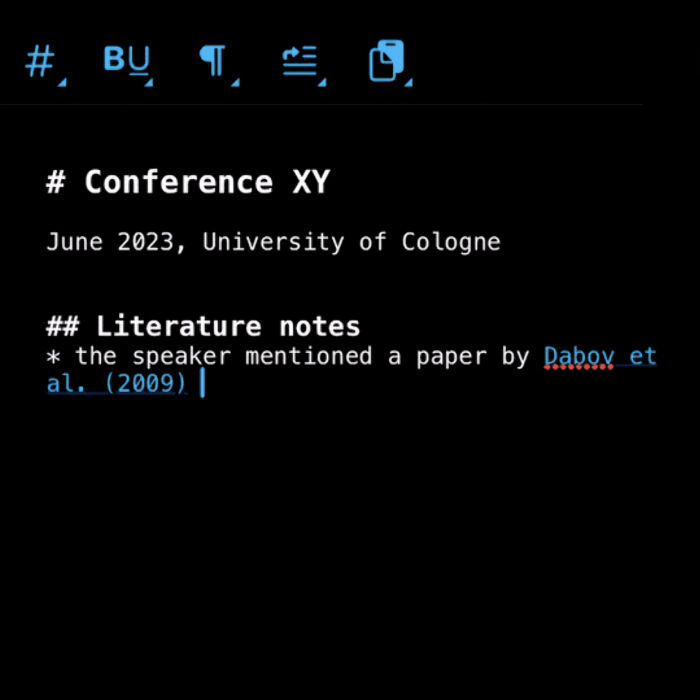

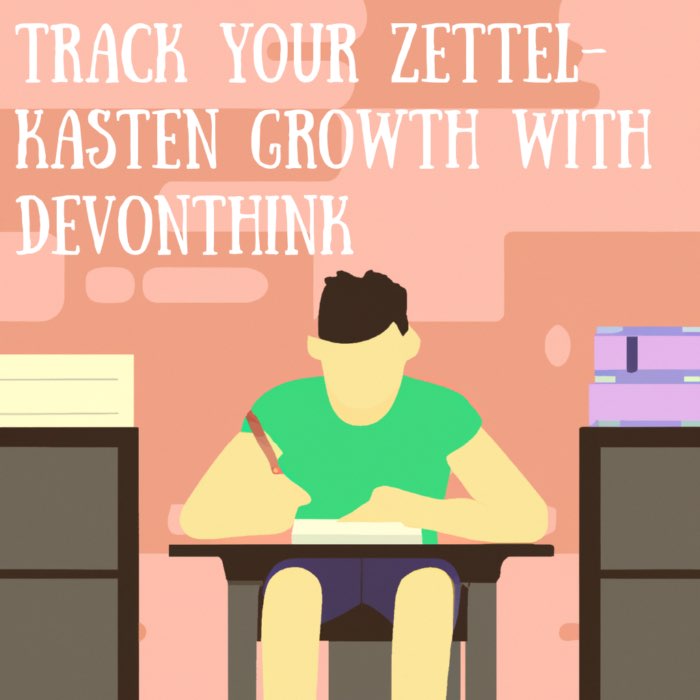

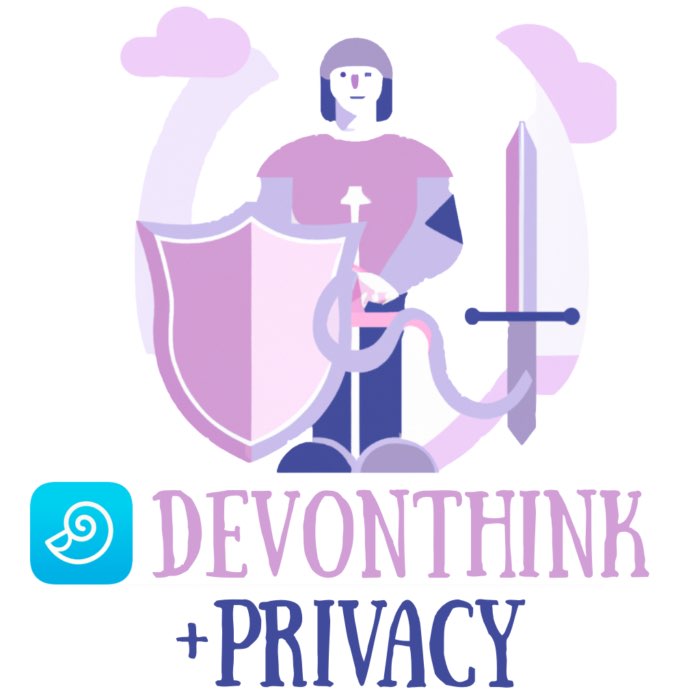

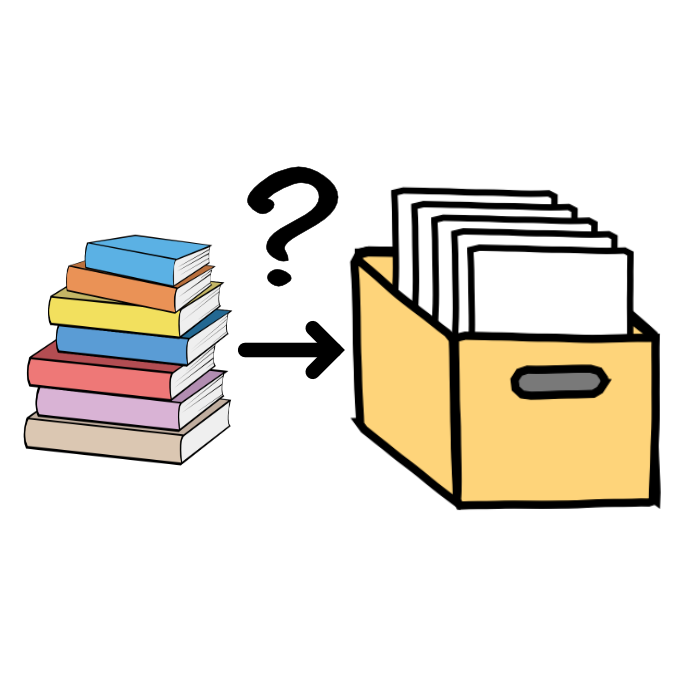
comments